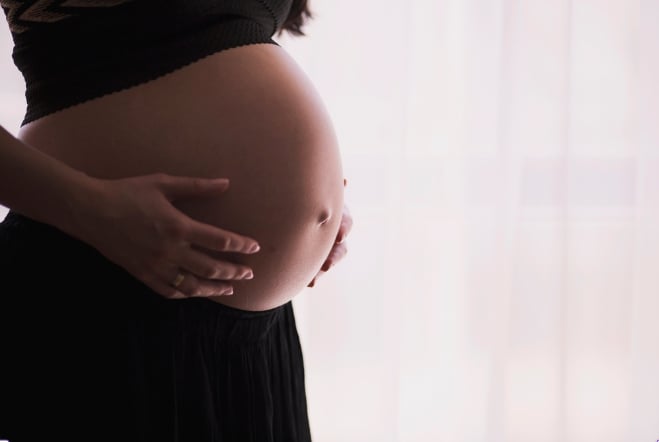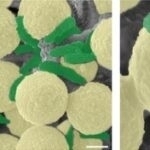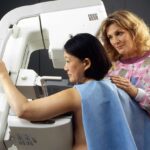Most young breast cancer survivors can have children despite the effects of their life-saving treatment, a recent study shows. “For many young women with breast cancer, the ability to have children following treatment is a major concern,” said lead researcher Dr. Kimia Sorouri, a researcher at the Dana-Farber Cancer Institute in Boston.
Nearly 73 percent of breast cancer survivors achieved pregnancy, and 65 percent had a live birth, researchers report. Those who opted for egg and embryo freezing before cancer treatment tended to have a higher live birth rate. “The finding that egg/embryo freezing before treatment was associated with a higher live birth rate underscores the need for accessibility to fertility preservation services for this population,” Sorouri added in a Dana-Farber press release.
The findings are particularly significant because they address several questions that remained open in previous studies about pregnancy rates and live births among mothers surviving breast cancer.
Participants in the analysis were part of the Young Women’s Breast Cancer Study, which tracks the health of women diagnosed with breast cancer at age 40 or younger. In the study, of 1,213 participants, researchers followed nearly 200 young women for an average of 11 years after their successful breast cancer treatment. All the women wanted to conceive.
Similar Post
Within this latter group, the average age at diagnosis was 32 years, and the majority were diagnosed with hormone receptor-positive breast cancer. Participants were periodically surveyed on whether they had tried to become pregnant and if they had conceived and given birth.
“Earlier studies were limited because they included select subgroups of patients, followed patients for a relatively short period of time, and didn’t ask participants, during the study period, if they had attempted pregnancy,” said senior researcher Dr. Ann Partridge, director of the Young Adult Breast Cancer Program at Dana-Farber.
The results showed that the majority of those who attempted to conceive were able to get pregnant and give birth to a child. Participants in the study had breast cancers ranging from stage 0, which is non-invasive and limited to the inside of the milk duct, to stage III, in which cancer has spread to the lymph nodes. Partridge’s team found that the stage of the disease at the time of diagnosis was not statistically associated with achieving a pregnancy or a live birth.
The findings will be presented at the upcoming annual meeting of the American Society for Clinical Oncology, which will be held in June. Findings presented at medical meetings should be considered preliminary until published in a peer-reviewed journal.


















